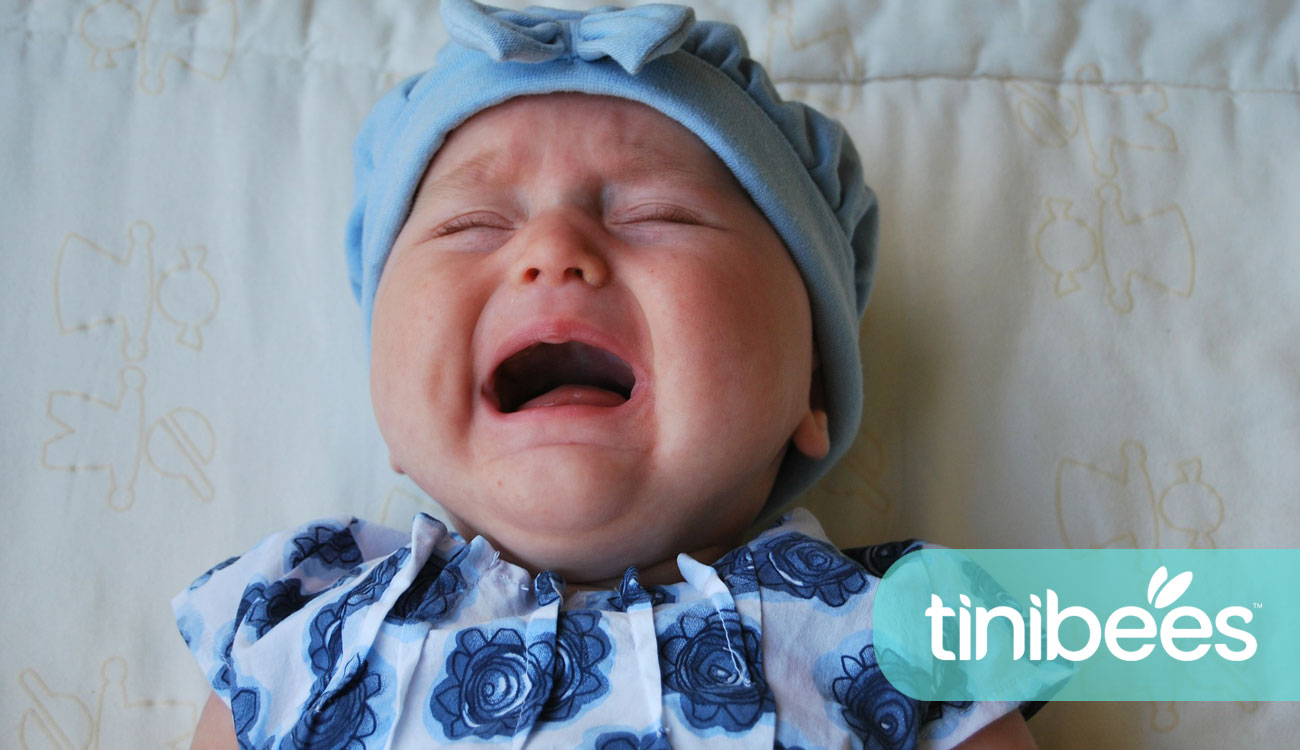
Babies cry a lot. This is the only way by which they communicate. Whenever they are hungry or feeling sleepy or need a diaper change or need your attention they will tell you by crying. So it is a very normal thing among babies. But in case they cry without any possible reason such as hunger or sickness then it can be colic.
What is Colic?
When a baby cries for more than three hours a day and more than three days a week without any possible reasons such as sickness or hunger. It lasts more than three weeks. Though the situation is a bit mysterious, experts say it can be seen if your infant is 2 weeks old and for premature babies that will be more. It will be gone on its own when your baby reaches the age of 3 or 4 months. It has nothing to do with your baby’s gender, she is breastfed or bottle fed or the birth order. Infants with colic grow in the same way as the babies who do not have it.
What are the symptoms of colic?
It is very normal for every baby to cry and fuss. But babies with colic cry more than other babies and they cry more than three hours a day and three days a week. There are some features that colic can include.
- Continuous cry for no obvious reasons such as burger or filthy diaper or sickness.
- Crying as if they are in some pain
- While crying clenching their fists or curling up their legs
- Turning bright red while crying
- Crying each day at the same time. Mostly colic babies get fussy at the end of the day byt it can happen at any time.
Possible reasons of colic
Though there is no proper scientific reason for colic. But there are some theories
- Gas
- Hormones that may be causing crankiness or belly pain
- A developing nervous system
- A sensitivity to noise, light etc or too much stimulation
- An early stage of childhood migraine
- Excitement, frustration or fear
- A developing digestion system with muscles that often twitch
Can colic be prevented?
Colic can not be prevented but there are some things that you can do to avoid the triggers of colic.
- For breastfeeding babies keep a proper track of all the things that you eat or drink, because whatever you consume it will pass to your baby. Avoid caffeine and consult with your doctor if you are under any medication. If your baby is formula fed, try a different brand. Try to feed your little one more often and less food.
- Babies with colic respond in a different way when being rocked and held. So hold your baby on your lap or across your arm. Hold her upright in case she has gas. Hold her while walking.
- Try to sooth your baby swaddling her, giving her a warm bath. You also can give her a massage or sing a song for her. You also can seek the help of a pacifier as well. Go for a walk with your baby also can help you to sooth her.

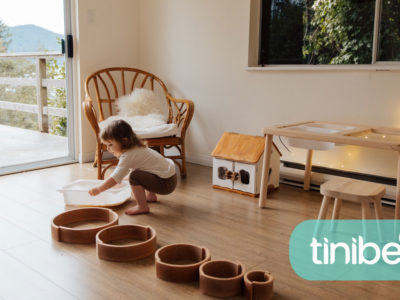

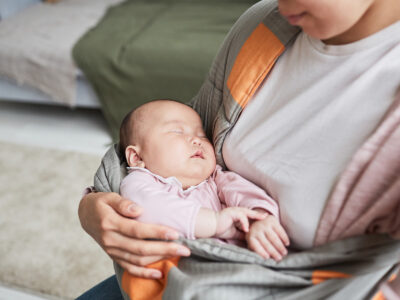
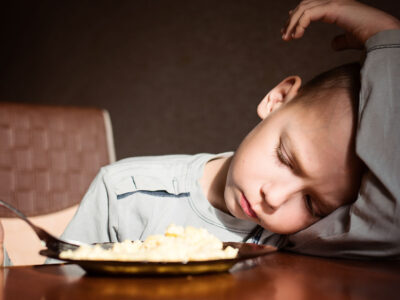






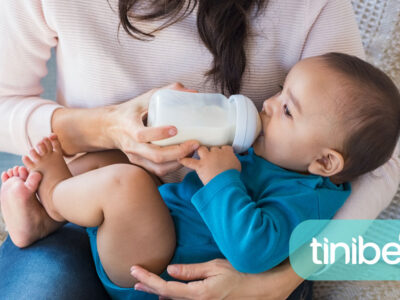
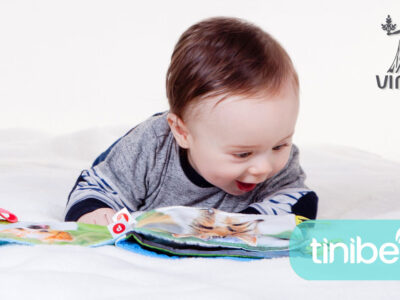







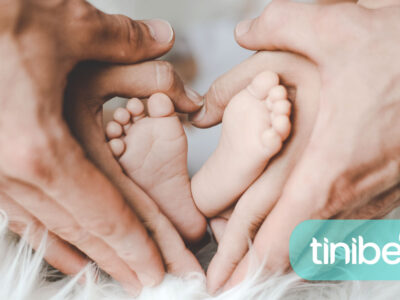




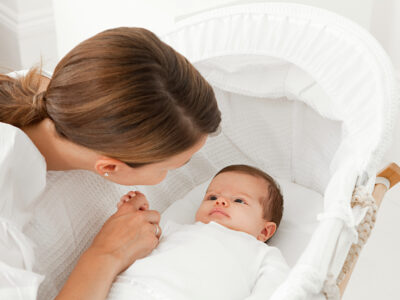






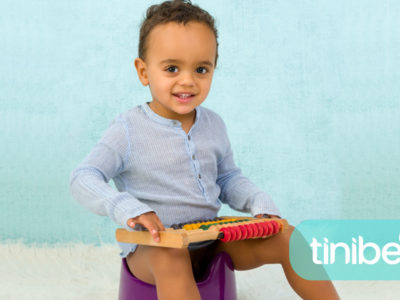



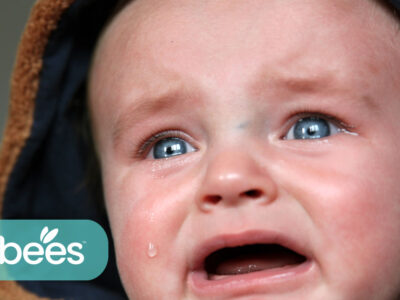













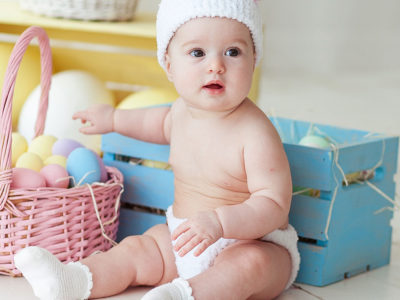

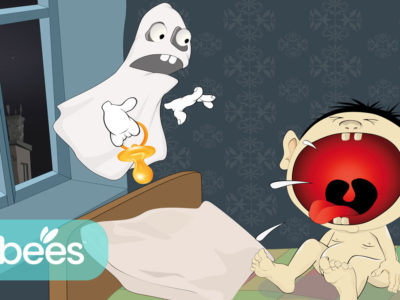



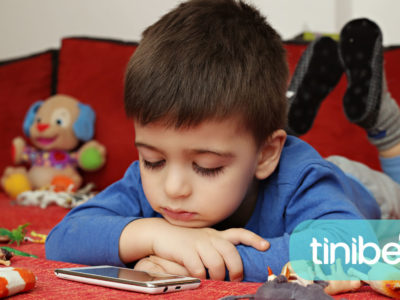


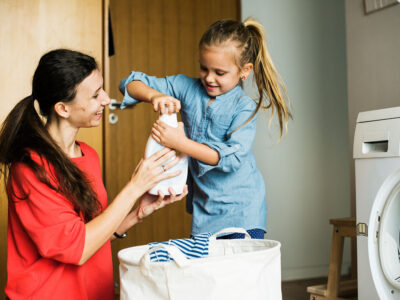
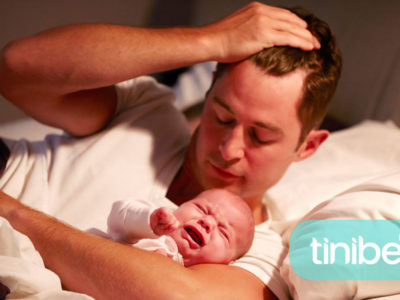
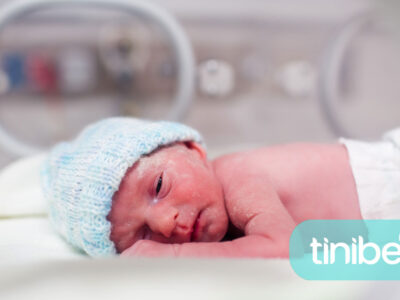




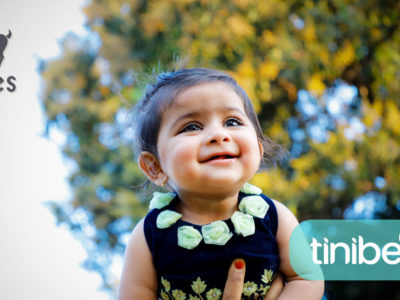






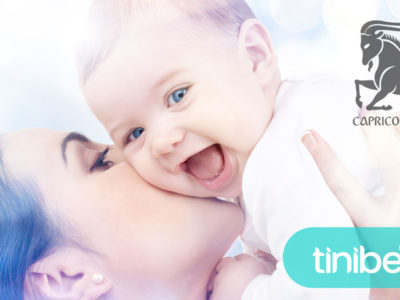
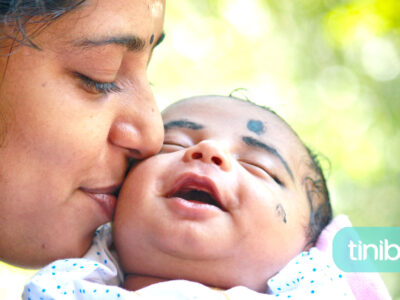









 Welcome to Tinibees!
Welcome to Tinibees!  Tinibees Santa’s Magic
Tinibees Santa’s Magic  Travel Tips with Kids & Tinibees
Travel Tips with Kids & Tinibees  Make Your Baby’s First New Year Special
Make Your Baby’s First New Year Special  Special things to Know About a Capricorn Baby
Special things to Know About a Capricorn Baby
Recent Comments